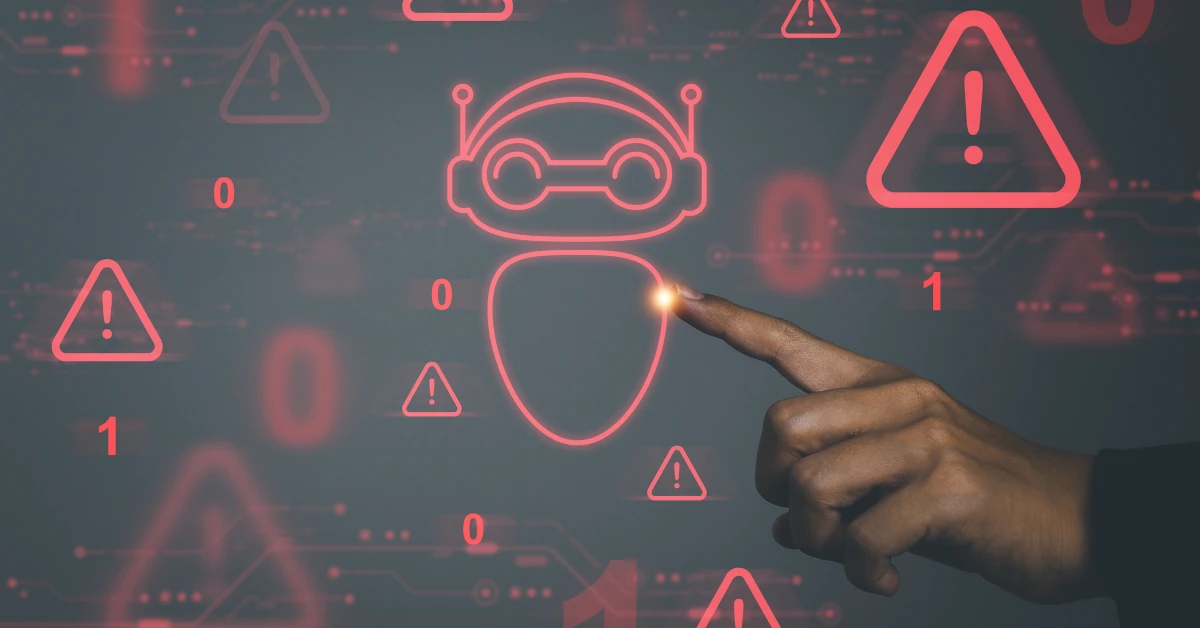When we came across Dotan Horovits’ article “Observability Is a Data Analytics Problem ” on LinkedIn, he got our full attention. We totally agree with his views on observability and data analytics. In the last couple of years, we’ve spoken to countless SREs, DevOps engineers and architects and heard over and over again how difficult it is to implement observability in a way that works for them: Observability that provides teams with actionable data, so that they can take the steps to improve the reliability and stability of their systems in the long term.
For years, the industry talked about logs, metrics and traces being the “three pillars of observability.” It made it sound like if you’re collecting these three data types, you’re good to go. Following this thinking, many companies started collecting immense amounts of observability data. We quickly started to understand that more data is not necessarily better. Rather, many teams are struggling with the overwhelming amounts of non-correlated, raw observability data they are collecting. Despite reams of data it’s still, for many teams, a hugely manual and time-consuming process to correlate it all to gain the insights needed into their IT environment. This is especially frustrating when investigating something time-critical, like the root cause of an incident.
Dotan hits the nail on the head by stating: “observability is more than the sum of logs, metrics and traces.” Rather, for effective observability you need to fix the data analytics problem. And this is exactly why we invited Dotan to the StackPod to talk more about this.
Logs, metrics, traces are very important, but they're ultimately raw data. And we need to get out of this mindset of raw data, the three signals, the three pillars of observability.
- Dotan Horovits, Technology Evangelist | Podcaster | Speaker | Blogger
Turns out, Dotan not only writes articles with great insights and useful tips on observability, he is also a fellow podcast host of the OpenObservability podcast , he is an avid speaker at events like KubeCon and Conf42, he’s a co-organizer of the Cloud Native Computing Foundation’s local chapter in Tel Aviv, Israel, and in his day job, Dotan is a developer advocate at Logz.io. Needless to say he is an open source and technology enthusiast with a passion for helping people. It was a real pleasure to talk to him - and not just because we share the same views on observability and data!
Listen to this episode of the StackPod to hear Dotan and Anthony explain:
What has helped Dotan to keep up with observability, especially as technology stacks evolve from older technologies to newer technologies - for example, Kubernetes.
Why a customer-centric mindset is so important for software developers and how you can scale out this mindset to other engineers.
Why logs, metrics and traces are not enough for effective observability.
What it takes to start solving the underlying data analytics problem.
What responsibility observability vendors like Logz.io and StackState have in solving this problem, according to Dotan.
Listen to the Stackpod episode now. Enjoy!
Useful links:
Articles Dotan (co-)wrote:
Dotan's podcast: Open Observability Talks



